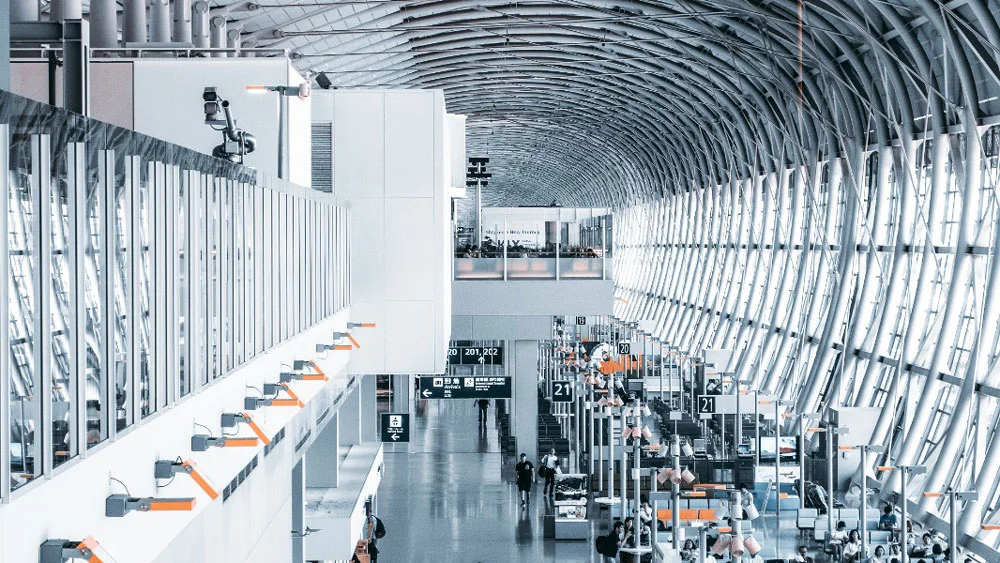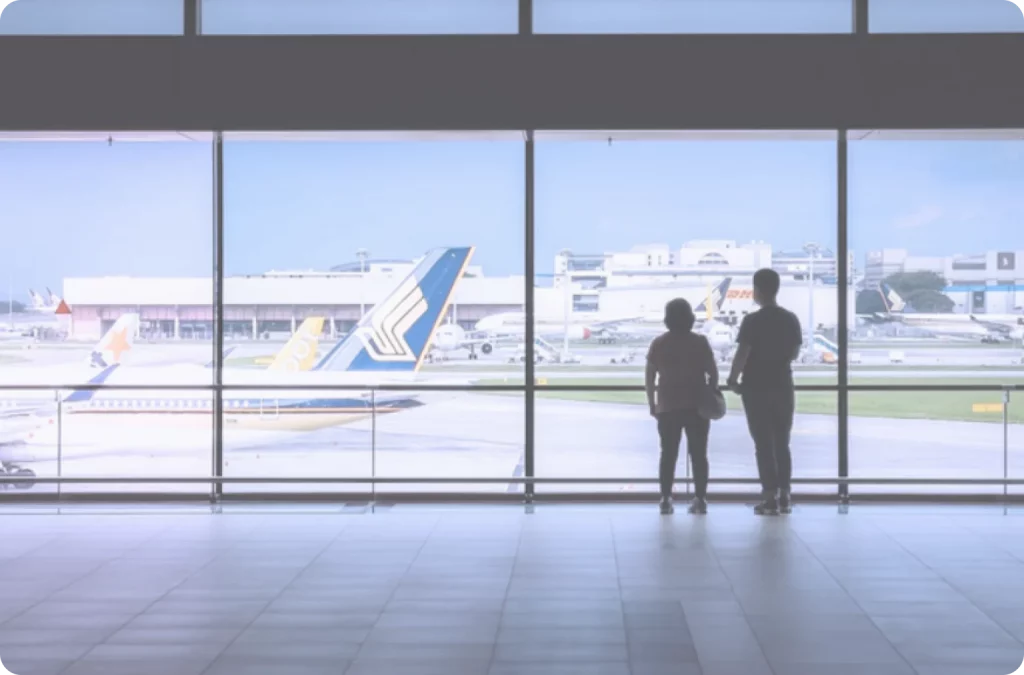In the last 5 years, resale has completely disrupted the retail industry. In North America the resale market is expected to grow 8 times faster than the overall apparel market in the coming years. Globally, it is expected to grow 127% by 2026.
In 2022, 74% of consumers have shopped or are open to shopping for second-hand apparel.
Brands such as Levi’s, The North Face or Patagonia have all created their own resale corner on their website, distributing authenticated used clothes alongside brand-new ones.
If consumers are willing to wear used clothes, why won’t they buy pre-owned travel reservations?
Before jumping into speculations, let’s face it: a travel resale experience only makes sense for non-flexible reservations. Why will a customer sell its reservations if he can simply cancel it and get a reimbursement?
Non-flexible reservations play a key role in travel distribution optimization. By discounting reservations, travel operators such as hotels, airlines or railway companies decide to trade profitability for certainty of revenue. And it works well.
But non-flex bookings also have disadvantages.
Non-flexible reservations are useful to secure revenue but come with specific disadvantages.
Let’s take the example of an airline company. For a Paris-New-York flight, you can either book a flexible ticket for $900 or choose a non-flexible one for $800.
If the company succeeds in its overall forecast for that flight, it maximizes its revenue. However, if the demand for this flight turns out to be higher than expected, granting a discount for low-flex bookings is then an error, retrospectively.
The same applies to hotels, railway, ferries, etc.
But profitability is not the only problem. If a customer with a non-flex ticket cannot travel anymore, he does not have any incentive to notify the company. The result is simple: no-show.
Now let’s say that the same customer is willing to get compensation. He will call the company’s customer service multiple times and do its best to convince the agent.
If the company agrees to give him compensation, some money will be lost as the customer will be granted flexible benefits for free. If the company does not accept, its relationship with the customer will be negatively impacted.
To sum it up: non-flexible reservations could limit both profitability and customer satisfaction, but travel companies do not have any alternative now.
3 reasons why the resale business model is beneficial for the travel industry
Let’s make it clear. A resale scheme can finally offer a viable solution to the various disadvantages of non-flexible reservations.
Not only it can, but it does. This is exactly what Ouigo is doing with remarkable success, using Fairlyne’s platform….





